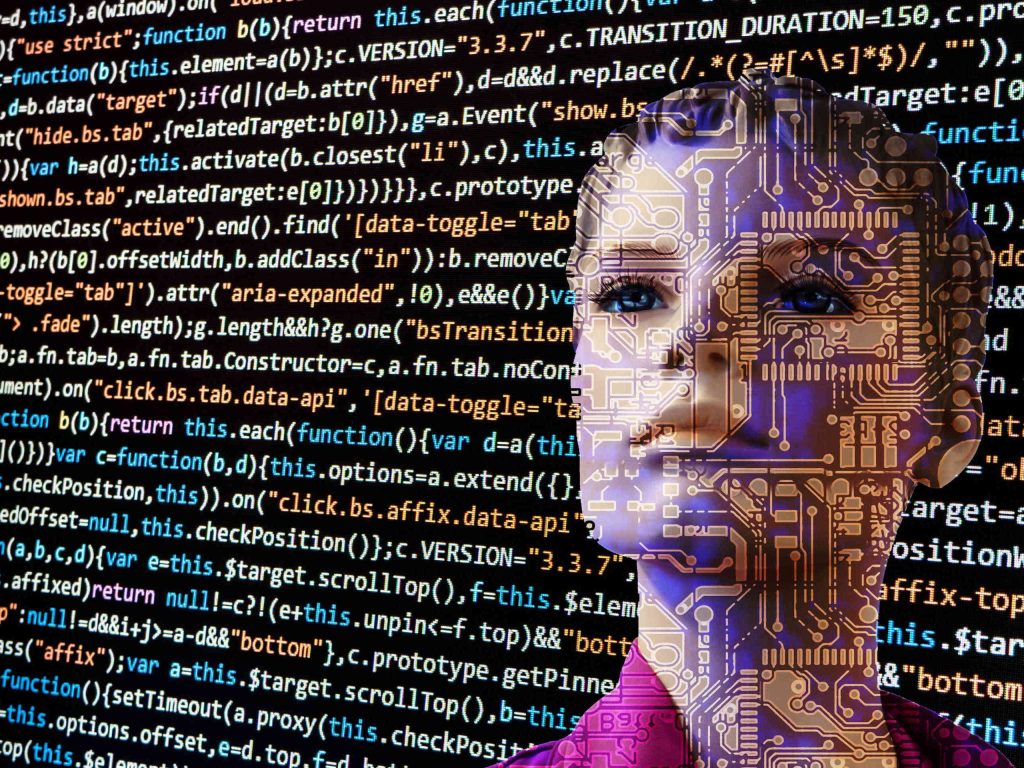
The food service industry faces numerous challenges, including dealing with food waste and optimizing production and sales forecasts. More and more companies are turning to the use of artificial intelligence to tackle these issues while improving their operations. In this article, we will present some inspiring examples of companies that are successfully reducing waste and using their resources more efficiently by using AI-based solutions such as Foodforecast.
An up-and-coming start-up called Foodforecast has developed an AI-based software solution that enables demand and sales forecasts for the food service and food sector. Bakeries in particular benefit from this innovative SaaS (Software as a Service) solution. Foodforecast's software creates precise store and sales forecasts and visualizes this information.
By using the right information, for example about what time of day certain products are best sold, bakeries can optimize their production to meet forecast demand at the point of sale. This has several advantages: Products are fresher, staff can be optimally planned and prepared, and more accurate sales forecasts enable more effective financial planning, freeing up financial reserves. In addition, the intelligent visualization of Foodforecast's results provides a better overview.
With the help of artificial intelligence and predictive analytics, Foodforecast enables efficient use of resources in the food service industry. The company actively contributes to the reduction of food waste and helps businesses to optimize their processes and work in an economically sustainable manner.
The examples of companies such as Foodforecast show that the use of artificial intelligence brings enormous benefits for the food service industry. With more accurate sales and production forecasts, businesses can use resources more efficiently, reduce waste and optimize their financial planning. AI-powered solutions offer an innovative way to address industry challenges and drive efficiency and sustainability in the foodservice industry.

From ticketing systems to cooking robotics: the restaurant industry is undergoing a digital transformation. What began as a technological gimmick is now becoming a real competitive advantage. Why digital processes bring more predictability, better guest experiences and new perspectives for employees – and where people still remain irreplaceable.
Organic is not a label – it’s an attitude. In Falkenstein, Lower Austria, the Pesau winery practices organic farming as a generational contract: for the soil, for the landscape, for the wine. A conversation with Andreas and Georg Pesau about living origin, sustainable craftsmanship and the courage not to bow to every trend.


The food service industry faces numerous challenges, including dealing with food waste and optimizing production and sales forecasts. More and more companies are turning to the use of artificial intelligence to tackle these issues while improving their operations. In this article, we will present some inspiring examples of companies that are successfully reducing waste and using their resources more efficiently by using AI-based solutions such as Foodforecast.